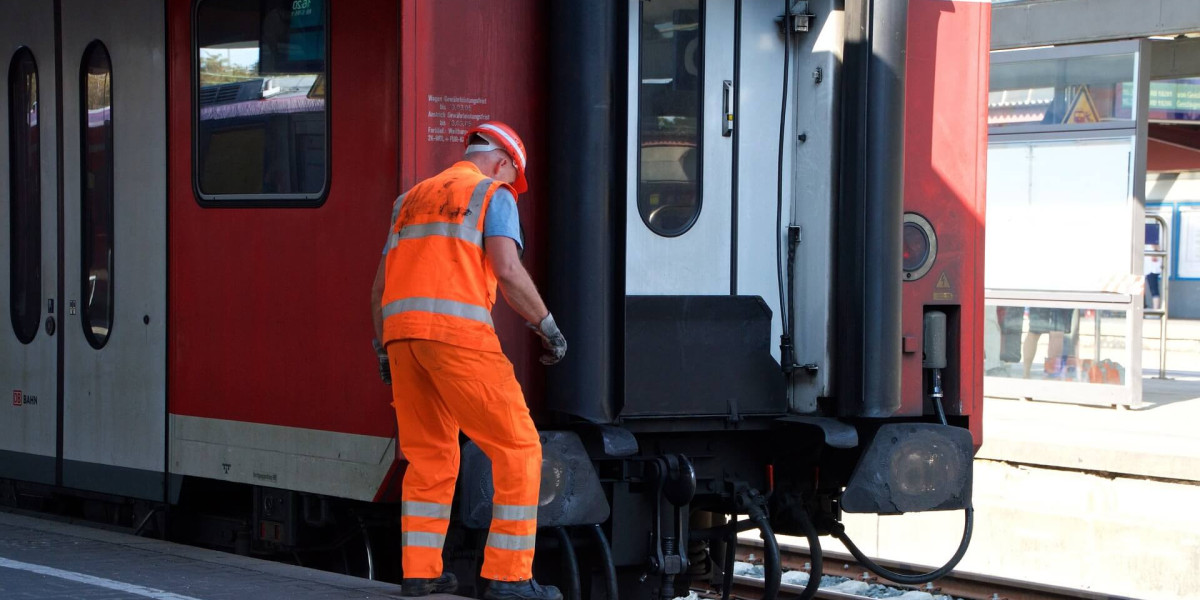Fitted Ovens and Hobs: An In-Depth Guide to Modern Cooking Appliances
Fitted ovens and hobs have actually become a staple in modern-day kitchens, combining performance, aesthetics, and ingenious innovation. These kitchen appliances are created to flawlessly integrate into kitchen surface areas, providing the cooking lover with the tools needed for effective meal preparation while keeping a streamlined and organized appearance. In this short article, we will check out the different kinds of fitted ovens and hobs (Discover More), their benefits, aspects to consider when picking them, and answers to frequently asked questions.

Comprehending Fitted Ovens and Hobs
Fitted ovens and hobs are appliances particularly created to be built in range oven into kitchen cabinets or countertops for a smooth appearance. They can vary substantially in design, size, performance, and functions, which deal with varied cooking needs and kitchen styles.

Kinds Of Fitted Ovens
- Built-in Ovens: These ovens are installed directly into a wall or kitchen system and can be found in numerous configurations and sizes.
- Double Ovens: A built-in variation that consists of 2 separate oven compartments, permitting numerous meals to be cooked at differing temperatures concurrently.
- Mix Ovens: These versatile appliances combine standard baking with microwave technology.
- Steam Ovens: Ovens that utilize steam for cooking, retaining wetness in food while improving flavors and nutrients.
- Single Ovens: A standard oven system that is the most typical type used in homes.
Types of Hobs
- Gas Hobs: These use burner for cooking, using immediate heat and exact temperature level control.
- Haden 60cm Electric Built-In Oven with Fan Assist Hobs: Powered by electrical energy, these hobs typically include smooth surfaces that make them simple to tidy.
- Induction Hobs: Utilizing electro-magnetic energy, induction hobs heat pots and pans directly rather than the hob surface, making them energy effective and a safe option.
- Combined Hobs: These use both gas and electric alternatives, offering flexibility for cooking designs.
Advantages of Fitted Ovens and Hobs
Fitted ovens and hobs provide numerous advantages that boost the cooking experience:
- Space Efficiency: Designed to fit into cabinetry, fitted appliances use up less area compared to standalone designs, creating a structured kitchen layout.
- Aesthetic appeals: Fitted designs frequently produce a more cohesive and visually enticing kitchen style.
- Personalization: Homeowners can pick from a range of designs, surfaces, and includes to match their kitchen decoration and cooking requirements.
- Improved Functionality: Many modern fitted ovens and hobs boast innovative technology, such as smart controls, self-cleaning functions, and precise temperature level settings, which streamline cooking.
- Safety Features: Many hobs, specifically induction designs, have safety features such as car shut-off and kid locks, promoting a more secure cooking environment.
Factors to Consider When Choosing Fitted Ovens and Hobs
When picking fitted appliances for a kitchen, several factors should be thought about to guarantee the ideal choice:
- Cooking Style: Different appliances deal with different cooking habits. Home cooks ought to assess their normal meal preparation techniques to find suitable appliances.
- Space and Layout: Measure the available space in the kitchen to guarantee that the picked appliances fit neatly without hindering movement.
- Energy Efficiency: Choose appliances with energy-efficient scores to minimize utility costs and ecological impact.
- Innovation and Features: Consider the preferred features, such as smart innovation, self-cleaning modes, or specific cooking functions like steam or convection cooking.
- Spending plan: Determine a budget plan before making choices to make sure that the selected designs line up with financial planning.
Table: Comparison of Different Types of Ovens and Hobs
| Device Type | Pros | Cons |
|---|---|---|
| Cookology FOD60SS 60cm Built-In Electric Oven Ovens | Space-saving, adjustable design | Setup expense can be high |
| Double Ovens | Cook multiple meals at various temps | Uses up more space |
| Steam Ovens | Healthy cooking, retains nutrients | Usually greater expense |
| Gas Hobs | Quick heat control, preferred by chefs | Needs a gas line installation |
| Induction Hobs | Quick cooking, energy-efficient, safe | Requires suitable pots and pans |
| Electric Hobs | Easy to clean up, steady cooking temperatures | Heating times can be slower |
Often Asked Questions (FAQs)
1. What is the distinction between a built-in oven and a freestanding oven?
A built-in oven is integrated range cooker into kitchen cabinetry for a seamless appearance, while a freestanding oven stands alone and is frequently more noticeable and available.
2. Are induction hobs safe to use?
Yes, induction hobs are considered safe as they just create heat when suitable pots and pans is positioned on them, lowering the threat of burns.
3. Can I install a fitted oven myself?
While some individuals may pick to set up fitted ovens themselves, it is generally advised to work with a professional to make sure appropriate setup and adherence to safety requirements.
4. What size of oven is perfect for a little kitchen?
In little kitchens, consider compact or single built-in ovens that fit within the available area without compromising on cooking performance.
5. Do fitted ovens and hobs need unique maintenance?
Fitted appliances need standard upkeep, such as cleansing and regular checks. However, specific upkeep tasks depend upon the type of oven or hob.
In conclusion, fitted ovens and hobs represent the embodiment of contemporary kitchen style and functionality. By comprehending their types, benefits, and factors to consider, consumers can make educated choices that enhance their cooking experiences while fitting perfectly into their home. Whether creating premium meals or preparing household suppers, fitted ovens and hobs are valuable tools in any culinary area.








